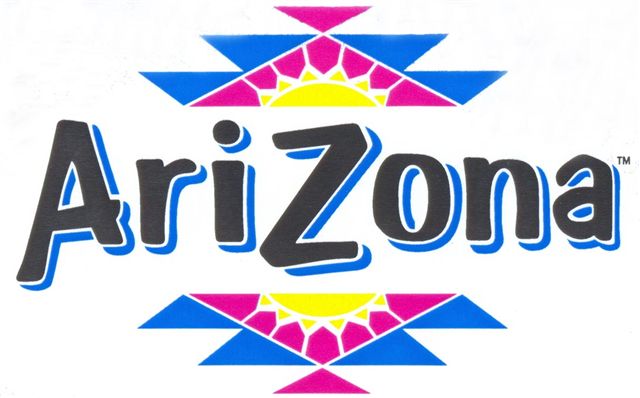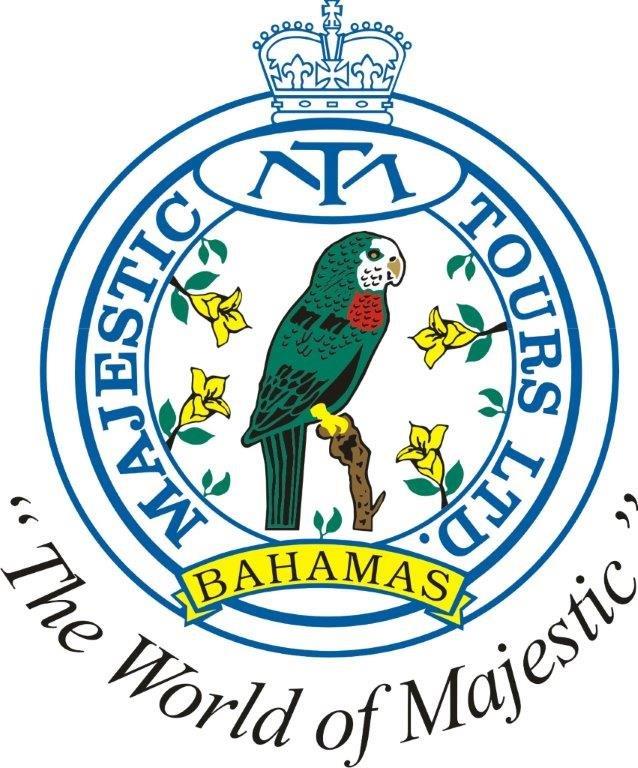We are pleased to confirm our Visiting Professor Lecture Series for 2015 commencing Thursday, February 26, 2015 with Professor Tom DiLorenzo. who will cover the topic, How America Became a Corporate Welfare State.
Lectures Presented by: The Nassau Institute and Templeton Religion Trust in collaboration with The Banking, Economics and Finance Department and The Economics Society of The College of The Bahamas
Sponsors (more info below):
Patrons – Arizona, Go Ahead, Donald Tomlinson
Supporters – JS. Johnson Insurance Agents & Brokers, Majestic Tours
Donor – Bahamas First
 Professor DiLorenzo will cover the topic, How America Became a Corporate Welfare State – Thursday, February 26, 2015
Professor DiLorenzo will cover the topic, How America Became a Corporate Welfare State – Thursday, February 26, 2015
Theme of the speech:
The American economic system has been transformed from a capitalist system with pockets of "crony capitalism" (profits earned through government connections instead of customer service) to a system of crony capitalism with pockets of real capitalism. This transformation was the result of a 225-year ideological debate over the proper role of government in society, including its role in economic intervention. This lecture will explain this transformation from historical, biographical, and economic perspectives, and will suggest ways to reverse this insidious transformation of American economic life and, indeed, of economic life in many other countries as well.
Bio:
Dr. Thomas DiLorenzo is Professor of Economics at Loyola University Maryland and a Senior Fellow of the Ludwig von Mises Institute in Auburn, Alabama. He holds a Ph.D. in economics from Virginia Polytechnic Institute and State University and a B.A. degree in economics from Westminster College in New Wilmington, Pennsylvania. He is the author of dozens of academic journal articles in such publications as the American Economic Review, the top peer-reviewed journal in the field; Economic Inquiry; Public Choice; International Review of Law and Economics; Quarterly Journal of Austrian Economics, and many others.
Dr. DiLorenzo is also the author or co-author of fourteen books, is a columnist and blogger for LewRockell.com and Mises.org and is widely published in the “popular” press, including the Wall Street Journal, New York Times, Washington Post, Readers Digest, and dozens of other newspapers and magazines. He has been interviewed on hundreds of radio talk shows, including the Rush Limbaugh Show, as well as on CNN, CSPAN, FOX Business Channel, and MSNBC. In 2012 he was awarded the George W. Koether Award for Writing in Defense of Liberty by the Ludwig von Mises Institute.
Sign up for Dr. DiLorenzo’s lecture here…
Other speakers include:
 • Mr. Douglas French – Business Cycles and the State – Thursday, March 19, 2015
• Mr. Douglas French – Business Cycles and the State – Thursday, March 19, 2015
Theme of speech:
Doug French will combine Austrian Business Cycle Theory with real life, discussing the real estate boom created by central bank policies of the last decade as it happened in Las Vegas. After writing his thesis under Murray Rothbard at UNLV on speculative bubbles, Mr. French was an eye witness to the boom and crash, working as a banker in Las Vegas.
Bio:
Douglas E. French writes for Casey Research and is also an Associated Scholar with the Johnson Center, Troy University. He is the author of three books; Early Speculative Bubbles and Increases in the Supply of Money, The Failure of Common Knowledge, and Walk Away: The Rise and Fall of the Home-Ownership Myth. Doug is the former president of the Ludwig von Mises Institute in Auburn, Alabama.
• Joseph Salerno, Ph.,D. – Money and the State – Thursday, April 9, 2015
Theme of speech:
Dr. Salerno will briefly describe the era of sound money that existed under the gold standard during the 19th century and up to the onset of the First World War. He will then discuss how government and central bank policies destroyed the gold standard and ushered in the era of pure fiat currencies and permanent inflation after the collapse of Bretton Woods in 1971. He will show how the logic of central banks and fiat money led inevitably to the housing bubble, the financial crisis, and the Great Recession, and how quantitative easing and other inflationary "unconventional" monetary policies are now setting the stage for a recurrence of monetary and financial chaos, and possibly even hyperinflation.
Bio:
Joseph T. Salerno received his Ph.D. in economics from Rutgers University. He is a professor of economics in the Finance and Graduate Economics Department in the Lubin School of Business of Pace University in New York. He is the editor of the Quarterly Journal of Austrian Economics and the Academic Vice President of the Ludwig von Mises Institute.
Dr. Salerno has published over 50 articles and essays in refereed journals and scholarly books. His latest book is The Fed at One Hundred: A Critical View on the Federal Reserve System, co-edited with David Howden (Springer 2014). He is also the author of Money: Sound and Unsound (2010). He has testified before Congress and published numerous op eds online at mises.org, forbes.com, Christian Science Monitor.com, Wall Street Oasis.com, and Economic Policy Journal.com.
• Kenneth Zahringer, Ph.,D. – Monetary Reform in Small Countries – Thursday, May 28, 2015
Theme of speech:
Small states have different options and constraints concerning monetary systems. Mimicking large states by having a national currency and a central bank may not be the best plan. He will explore some of the alternatives, and their implications for liberty-minded citizens.
Bio:
Dr. Zahringer is currently a research fellow in the Division of Applied Social Sciences at the University of Missouri, where he is studying innovation in the life science industry. He holds a PhD in Applied Economics from the University of Missouri. His work has been published in the Quarterly Journal of Austrian Economics and presented at conferences in the US and Europe. He has also authored several articles for Mises.org. His other current projects include a book on the relationship of Christian ethics and classical liberalism and a video documentary on the influence of alcohol prohibition on the rise of organized crime in the US.
Sponsors:
Patrons:

.jpg)

Supporters:

Donor
![]()

